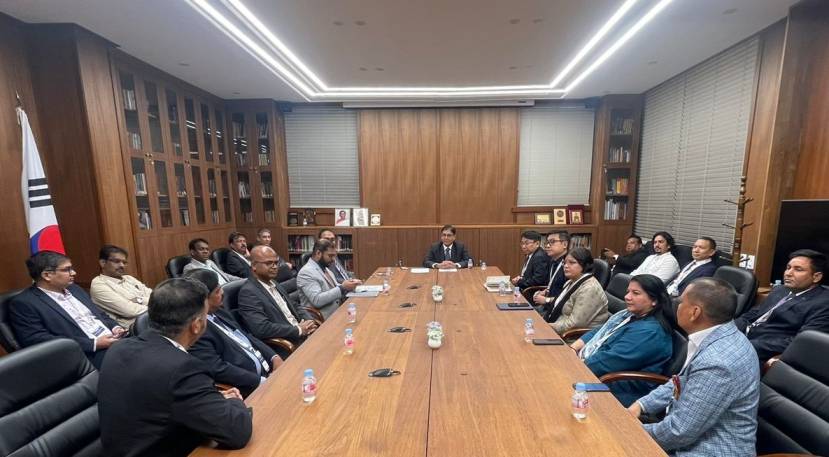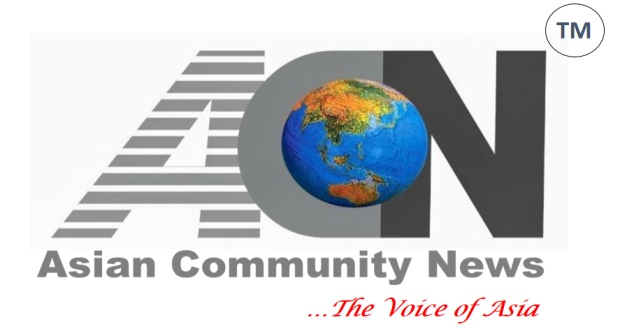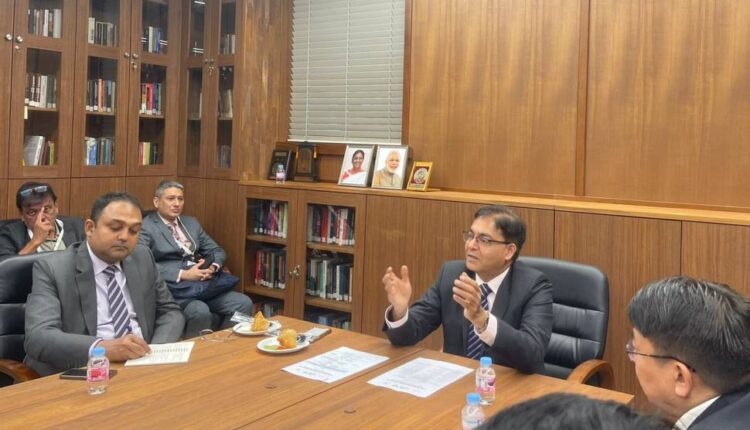Acute manpower shortage in Korea, India to fill gap, more youths learning Korean: Amb Amit Kumar
India asks Korean government to expand offering of Korean languages classes in India so that more and more youths can learn Korean language, culture to get employed in Korea.
SEOUL: As Korea prepares to open its doors for the Indian manpower to get them employed in various Korean companies, India has urged the Korean government to expand offering of Korean languages classes in India to enable more and more youths proficient in Korean language and culture. Elementary knowledge of Korean language and culture is a pre-requisite for the foreign workers to get employed in Korea.
“Marred by aging population, and world’s lowest fertility rate and other demographic challenges, the Republic of Korea is desperately wanting to source skilled and semi-skilled manpower from various countries including India. The Indian government is also in constant touch with the Korean government to work out modalities of sending workers from India to Korea. And for this Indian government is trying to push the Korean government to ink mobility and partnership agreement enabling Indian workers to join work in Korea,” said Amit Kumar, Ambassador of India to the Republic of Korea, Seoul recently.
While addressing a high-level CII delegation that was visiting Korea and Japan July 31-August 4 to unlock the potential of skilled Indian talent in east Asian countries especially in South Korea and Japan, Ambassador Amit Kumar said, “We are in touch with Korean government to expand offering of Korean languages classes in India. Already we more than a dozen university offering Korean languages and 3-4 universities Korean studies as a subject. But if people have more options of learning Korean languages than more people will learn the language and culture that they would be helpful to them to survive in Korea and also at the workplaces.”
Ambassador said that the proportion of foreigners in Korea as per the available population was much higher than Japan as a bulk number of the foreigners are ethnic Koreans from China. Currently, 16 countries have agreements with Korea under its Employment Permit System (EPS) for foreign workers in Korea in to allow their workers to have jobs here but India does not figure in the list.
 While suggesting the way forward, the Ambassador said that pending conclusion of such as agreement there were still ways to tap into the job market of Korea. Korean government also is talking about relaxing immigration norms for foreign professional workers.
While suggesting the way forward, the Ambassador said that pending conclusion of such as agreement there were still ways to tap into the job market of Korea. Korean government also is talking about relaxing immigration norms for foreign professional workers.
“Despite various concerns, the Korean regional governments want more foreign workers as population here seems to be move more towards Seoul. Around 40 percent of the people of the country stay in and around Seoul greater metropolitan area. Also there is a pressure from the specific industries in Seoul, and also from medium and small enterprises also. Because big groups are able to attract talent by offering hefty pay perks and packages but SMEs are not, “Ambassador said.
“Though we are in touch with the Korean govt on mobility and partnership agreement as our human resource have made difference in various geographies around the world. We hope we will be able to push forward this forward. However, pending conclusion of such as agreement there are still ways to tap into the market. In the shipping industry we have batches of Indian welders and painters coming to Korea,” he added.
Ambassador indicated that the Korean government was also changing its stance towards employing foreign workers and considering relaxing immigration norms for them to increase the influx of foreign workers.
“Korean government is talking about relaxing immigration norms for professional workers. We should explore all options, and not be fixated on a particular language or MOU. For example, Korean has employment permit scheme with 16 countries that deals with semi-skilled labour, not for professionals. But in the absence of these such agreements they have brought semi-skilled people under the professionals visa category (E-7) as they are facing acute shortage of manpower and it is starting to impact the sustainability of their companies. Shipping sections faces an acute shortage of manpower as it is not as automated as is the automobile industry. One has to physically build big panels and do paint etc. However, these jobs local Korean youths do not want to do.
Ambassador Kumar also met the minister of labor who told him that his ministry will share some data with the Indian embassy on the assessment of gaps and skillsets in the particular industry.
“As and when these findings reach us, we will share with the industry associations in India also. On the mobility and partnership agreement , we are in discussion with them and some arms of the government are more and others are less keen and it’s a issue of public debate here. Despite this the regional governments want more workers. Also there is a pressure from the regional governments. Also there is a pressure from the specific industries in Seoul, and also from medium and small enterprises. Because big groups are able to attract more money and attract talent but SMEs can not do this,” Ambassador added.



